Try learning a new language –
We’ve been exploring the Census statistics, and according to the 2021 Census, some of the most common languages spoken in Gippsland, besides English, are Italian, Mandarin, German, Greek and Spanish. This month our Healthier Habits tip is to try learning a new language.
Becoming fluent in a new language takes time (sometimes years!), so we’re starting slowly and committing to learning a few new words in our chosen language each week. Learning a new language can positively impact your mental health in various ways, including improving your brain power, giving you a sense of achievement, and if you practise every day, helps you establish new routines.
Which language should you choose?
The possibilities are endless! Perhaps you still remember a few words of French from your school days. Are you planning a trip overseas? Think about people in your community – would you like to be able to share a few words with them in their native tongue? Maybe your goal is to become fluent in English as a second language? How about learning a language that is part of your own heritage? If you can’t decide – close your eyes and point to a map. Your new language has chosen itself!
Keep in mind that some languages are more accessible to learn than others. Maybe you’re up for a challenge – it has been suggested that some of the most challenging languages to learn are Arabic, Russian and Mandarin-Chinese. Lingidy indicates that some of the languages that would be easiest for native-English speakers to learn are Dutch, Spanish and Indonesian. Think about how much time you have to commit to studying when determining what language you would like to learn.
Another interesting option is to learn Auslan, (Australian Sign Language), the language of the Australian Deaf Community. Auslan is a distinct language, with its own grammar and syntax. DeafNav has a series of videos to introduce you to the history of Auslan, its unique features and handy Auslan basics including alphabet, numbers and phrases.
How to learn?
There is a range of ways to learn a new language, including classes, private tutoring, connecting with English as a Second language community groups and free apps such as Duolingo and Memrise.
Your Myli membership gives you access to language learning tools, including books, audio-books, movies and courses.
- Borrow with your Myli membership – We have a range of language learning titles available, including a great selection of audio titles on BorrowBox and Hoopla. The benefit of an audiobook means you can learn on the go – while commuting to work, at the gym and snuggled up under the doona at night-time.
- Listen to a foreign language tv show, film or podcast – While you won’t become fluent this way, it is an entertaining way to immerse yourself in a new language. Search for the World Cinema section on Kanopy for a range of films, including new releases, short films and classics.
- Hoopla Great Courses – explore language learning courses on Hoopla, including Spanish, French and Italian.
Healthier Habit tip –
Did you know you can browse our website in 12 different languages including Arabic, Hindi, German and Punjabi? To change your language option, click on the drop-down box at the top of your screen.
Mental Wellbeing at MYLI –
The Healthier Habits blog is adapted from the Myli – My Community Library employee ‘Page Break’ program. Page Break is an initiative from our Manager Volunteers & Community Participation, Kathie Olden. Kathie sends out regular updates to staff inviting them to participate in simple activities and conversation starters that focus on making small changes to their mental health and wellbeing.
August Special Events and Dates –
- National Stroke Week: 8 -14 August
- Red Nose Day: 12 August
- Daffodil Day: 25 August
- Discover more awareness days and special events during August here.
Extra Support –
The opinions and recommendations in this blog do not replace advice from your doctor or mental health practitioner. If you feel like you need further support, you can access many free mental health helplines, support websites, online counselling, web forums, interactive toolkits, one-on-one counselling and group therapy sessions. Please visit the Better Health website for a comprehensive list of services.

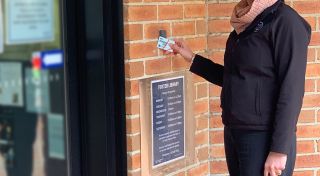

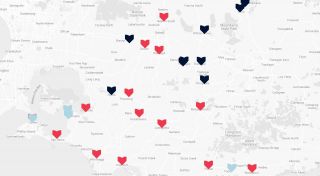

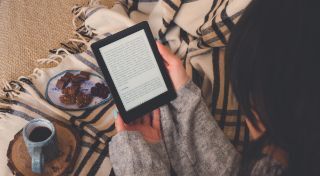
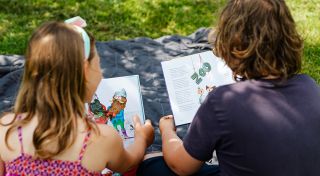
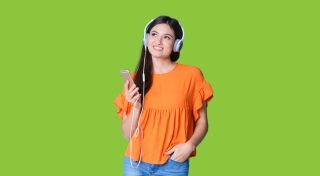


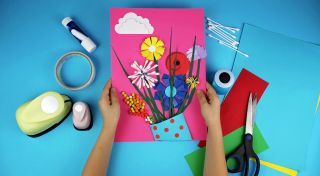



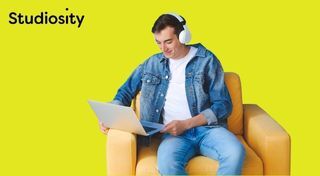




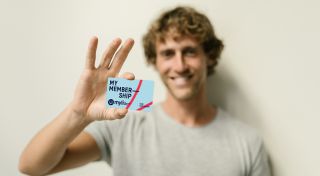
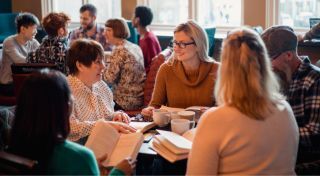
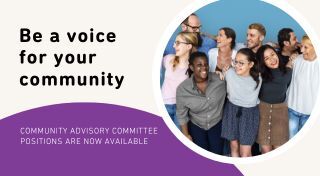
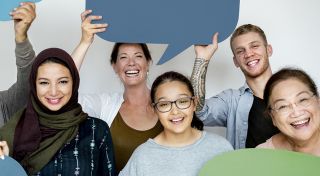
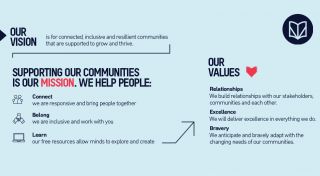
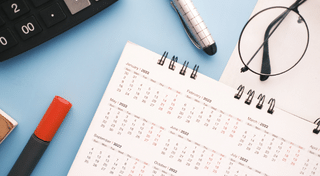
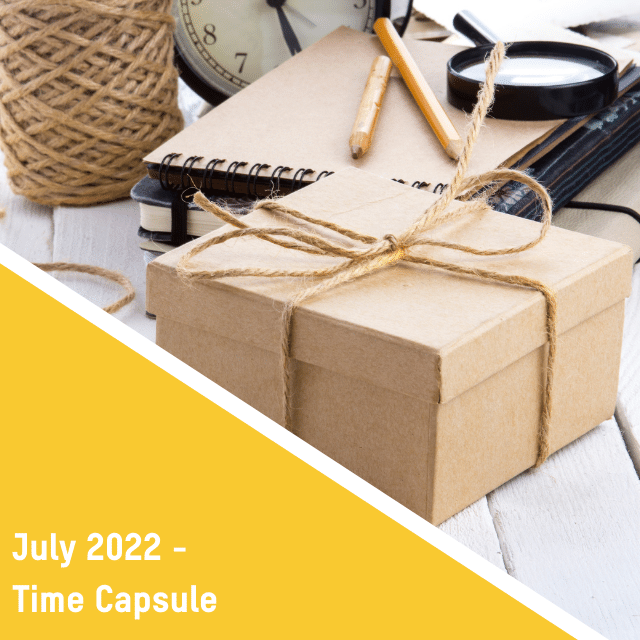

Comments